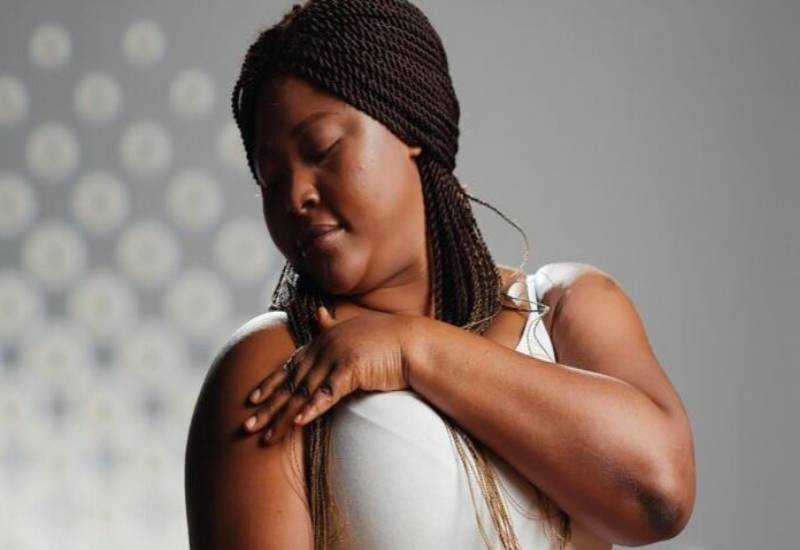×
The Standard e-Paper
Smart Minds Choose Us

Body shaming is loosely defined as the act of expressing humiliation about another person's body shape or size. It is negatively commenting on the size or shape of another's body and sometimes your own body because you can body shame yourself.
Body shaming has become so deeply rooted in our community that it has become acceptable to comment on one's appearance, yet it can be extremely damaging potentially, leading to low self-esteem, anger and even mental health disorders.